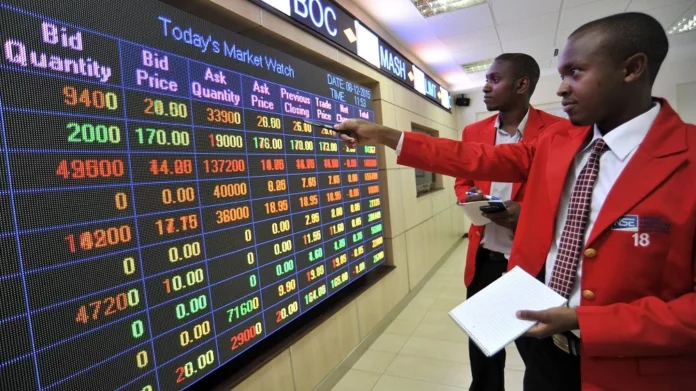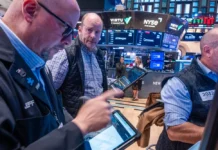The Nairobi Securities Exchange (NSE) has announced a landmark policy shift aimed at expanding retail investor access and participation in Kenya’s capital markets. Beginning August 8, 2025, shares on the NSE will now be traded in multiples of one (1) unit, following the approval of amendments to the NSE Equity Trading Rules. This transformative move allows for the buying and selling of shares in single units, marking a major milestone in the Exchange’s efforts to democratize investment.
The introduction of single-unit trading is a strategic component of NSE’s broader initiative to make investment opportunities more accessible and inclusive. By lowering entry barriers, the NSE aims to provide greater flexibility for investors, especially retail investors, who have historically faced challenges investing due to high minimum trade sizes.
In a structural shift, the Odd Lot Board, which previously facilitated trades of fewer than 100 shares, has been discontinued. Moving forward, all market orders will be executed on the Main Order Book, streamlining trading processes and ensuring transparency. As per Rule 7.6.6, the official daily closing price of a listed equity will now be determined only if the cumulative traded volume for that session reaches at least 100 shares or units. If it falls below that threshold, the previous average price as reported by the NSE will stand.
Commenting on the development, Mr. Frank Mwiti, Chief Executive Officer of the NSE, noted:
“We are pleased to take this significant step towards enhancing retail investor participation in our market. This initiative is part of our broader strategic efforts to increase financial inclusion and market accessibility for all investors. It aligns with our vision of increasing the number of active investors to 9 million by the year 2029.”
The NSE emphasized its commitment to creating a more inclusive, investor-friendly environment. The implementation of single-unit trading is expected to deepen market participation, foster financial inclusion, and support the long-term growth of the capital markets, in alignment with global best practices in equity trading.
Written By Rodney Mbua



















